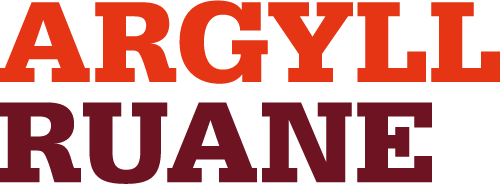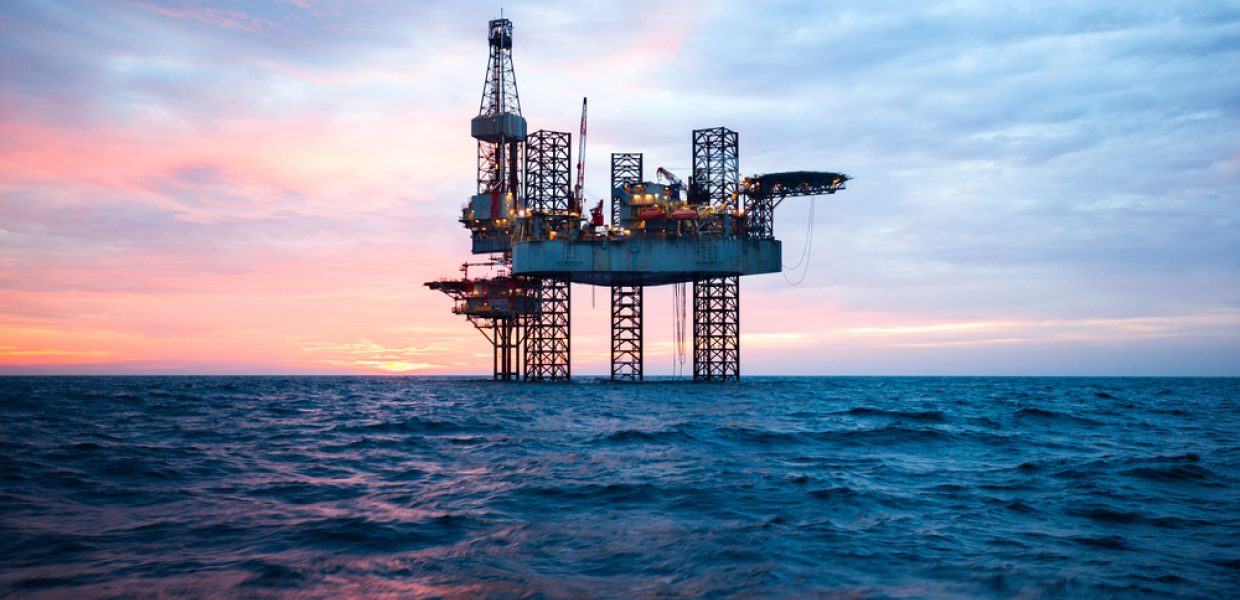Special note
It has been agreed by PDTC (ICorr) to add an experience assessment to all ICorr certifications for personnel engaged in painting and coating inspection. If certification is required, candidates must as a minimum have held ICorr Painting Inspector Level 1 or Protective Coating Inspector Level 1 for a period of two years. It is possible to transition across from other certification schemes
here.
If a suitable qualification is not held, then dispensation to gain certification may be given if an individual has 5 years’ experience relating to painting or coating inspection.
Changing market dynamics and a number of PFP failures on major new construction
projects have led the Institute of Corrosion and PFPNet to collaborate and develop the first advanced training programme for Inspectors of Epoxy Intumescent Passive Fire Protection. This course has been written and produced by experts in the field who have extensive, practical ‘real world’ experience.
This is an advanced course for experienced Inspectors that will enable them to further improve their competency in this safety critical area of the market.
This course has a series of online pre-learning modules that must be completed prior to attending the course. You will have 4 weeks to complete the training once you have booked your space.
The Level 3 course comprises a blend of online pre-learning, 3 days classroom training including an examination on what has been learned in day 3, and a peer review. Course content covers:
- Role and duties of the PFP Inspector (part one)
- Introduction to PFP(what is it for)
- PFP types (introduction)
- PFP types (detailed overview)
- PFP of structures, divisions, process and storage vessels
- Normative Documents
- Classification Society Type Approval & other types of approval (e.g. UL)
- Qualification of PFP systems (the importance of supporting documentation)
- How PFP materials and systems are developed, tested and approved
- Epoxy PFP degradation mechanisms (pre-fire durability, survivability in a fire)
- Examples of application defects
- Fire performance and defective application
- The specification; relevance, errors or omissions, epoxy PFP manufacturer manual, epoxy PFP extent and thickness/details
- Pre-job meeting, ITP, Quality Control at all stages of application
- The critical importance of good surface preparation
- Epoxy PFP Extent and Thickness Detail
- Epoxy PFP application equipment (types and checks)
- Final thickness determination, topcoat, role and duties of epoxy PFP inspector (part two)
- Reporting, what to look out for, test equipment
- Practice test
- Health & Safety requirements
- Examination: General, Specific and Practical examination (150 multiple-choice questions)
- Peer review: Following successful completion of the exam, candidates will be required to undertake a Peer Review performed by PFPNet to gain their Level 3 certification
The inspection of existing PFP to test for worthiness is a separate and specialist activity and is not covered in this course.
Candidates should have an ICorr Passive Fire Protection (PFP) Coating Inspector (Epoxy) certificate at Level 2.
As correct surface preparation, priming and, where required, top coating are very important requirements in PFP installation, the candidate should also have as a minimum an ICorr Protective Coatings Inspector (or equivalent) certificate at Level 1 to demonstrate their fundamental understanding of corrosion and protective coatings. Candidates are required to submit their CV to ensure they have the required pre-requisite qualifications and experience.
The course is accredited by the Institute of Corrosion. On successful completion of the course and Peer Review, candidates will become a certified Level 3 Passive Fire Protection (Epoxy) Inspector.
The certificate is valid for 5 years and can be renewed online prior to expiry.
This is a Level III course aimed at specialist inspectors and technicians
who are looking to demonstrate their own distinctive competence to
properly understand and inspect PFP installations in new construction or
retrofit situations. The inspection of existing PFP to test for worthiness is
a separate and specialist activity not considered in this course.
Candidates should ideally have a PFP Level 2 qualification or a minimum of ICorr Painting Inspector or Coating Inspector Level 1 with a minimum of two years’ experience. Inspectors from other schemes can transition to ICorr Painting Inspector here. This requirement is to ensure that attendees have a fundamental understanding of corrosion and protective coatings.
Training: £1,155
Examination: £525
Total: £1,680 (excl. VAT)






